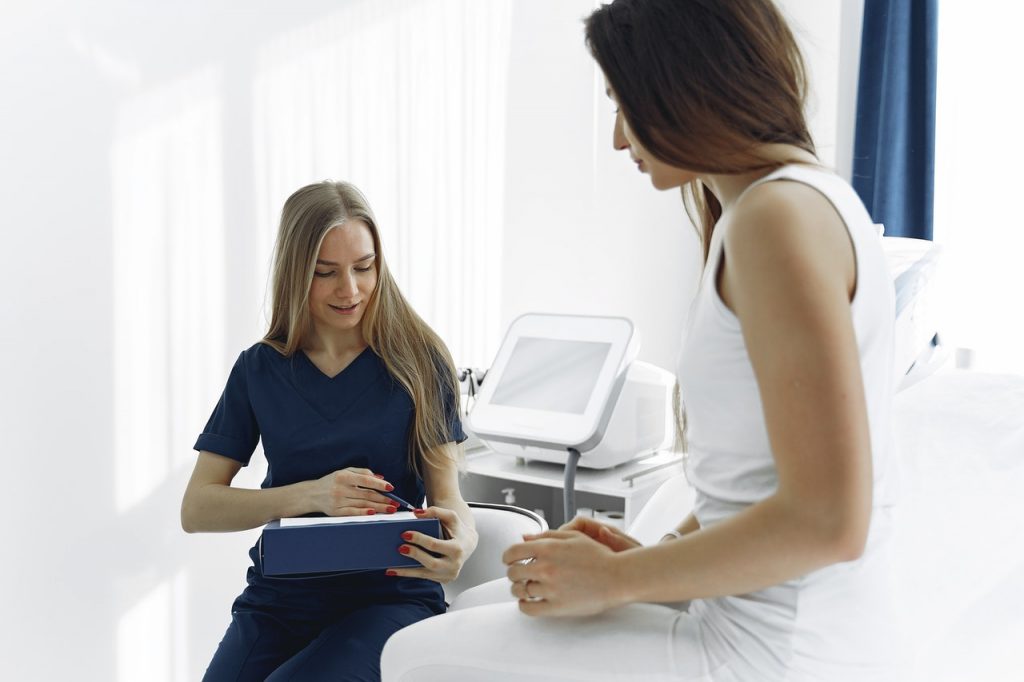Recovering from substance abuse is not an easy ordeal. If a loved one is recovering from drug addiction, chances are, he or she needs the support of everyone around him. It is not the time to judge someone because of their mistakes, but rather the time to be supportive of a person’s efforts to change and heal.
According to the National Center for Drug Abuse Statistics, 43% of college students use illegal drugs. Around 10 million youths in the United States need help and treatment for illegal drug abuse. The number of teenage drug abuse cases is quite alarming, but its number is on the rise. In fact, a shocking 23.9% of 10th graders had tried and used marijuana.
The Role Of Family In Drug Recovery
Drug rehabilitation programs are designed to help patients free themselves from addiction, safely and effectively. These inpatient programs help people who struggle with drug addiction change their ways and start their journey towards freedom and healing.
Aside from treatment facilities, families can also help in the patient’s journey towards recovery. Living with a recovering addict can be hard, but remember that it is also hard for the patient. The sad thing is, the closer the relationship that you have with the patient, the greater the strain on it.
Drug recovery does not happen overnight. It is a lifelong process. Contrary to popular belief, drug rehab programs do not instantly solve the problem. While it is an important step in the patient’s recovery, it is not the end-all-be-all to the problem. Your loved one will not instantly be okay once he goes home from a rehab facility. For some, coming home from a facility even creates new problems and challenges.
You want to help your loved one, but it is not an easy thing to do. Misunderstandings can arise, and more often than not, these have long been existing and have been buried underneath the addiction.
You want to help, and yes, you can help your loved one. Knowing what to do will help make it more manageable. It will not be easy, but it can make the process a little painless.
What You Can Do To Aid The Process
You may not think it’s much, but your support is significant to the patient’s journey. After undergoing facility treatment, your loved one may feel lost, demoralized, and even rebellious.
Depending on the treatment designed for the patient, your loved one’s treatment plan and program may include medicinal treatment, individual therapy, family therapy, and vocational rehabilitation.
- Educate everyone in the family.
Everyone in your family should be on board with the recovery process. It is a complex process that will need everyone’s understanding and cooperation. Everyone should be aware of the patient’s health issues and triggers. The patient may also be undergoing some psychological changes, which will make him difficult to deal with.

- Prepare for problems.
Being sober may not eliminate all the problems. Financial, health, and relationship problems may improve, but there will still be remaining issues that the recovering addict and his or her loved ones must face. Trust issues are common and will take many years to fix.
Another problem that families should watch out for is relapse. Relapse can happen, even after years of being sober. Knowing the warning signs can help you avoid one. Be sure to watch out for subtle changes in your loved one’s behaviors. Talk with your loved one’s medical practitioner and have an action plan that everyone must be aware of should they see some signs of relapse.
- Make necessary changes.
Sometimes, changes are necessary to support the patient’s journey to sobriety. The first months after a rehab treatment are especially critical. Family members should take steps to make the process easier for the recovering addict.
Remove all traces of illegal substances as well as alcohol in your home. Involve the recovering addict in group activities that will make him or she forget his addiction and give the patient a healthy hobby. Enjoying physical activities together, such as running, hiking, and playing sports can help shift the patient’s focus on healthier habits.
- Make it a supportive home.
Family conflicts are not helpful to your loved one’s recovery. For family members recovering from a disorder, friction among family members can cause more stress, and even facilitate a relapse.
Open, honest, and respectful communications are important for harmonious relationships. Spend more positive time together to reduce tensions.
- Be there for your loved one.
During the treatment, a recovering addict may feel confused, alone, and misunderstood. He may also find it difficult to process the challenges that he may face. Major stressors, such as a loss, starting a new job, or even changing a habit can make anyone feel burdened.
Help your loved one deal with these problems by listening to him and being there for him during these challenging times. Sometimes, all a person needs is someone who will listen without any judgment.
Family members can do more in the healing of a recovering addict. They can keep the hope alive that life does not end with a single mistake. Everyone is capable of changing and starting anew.






